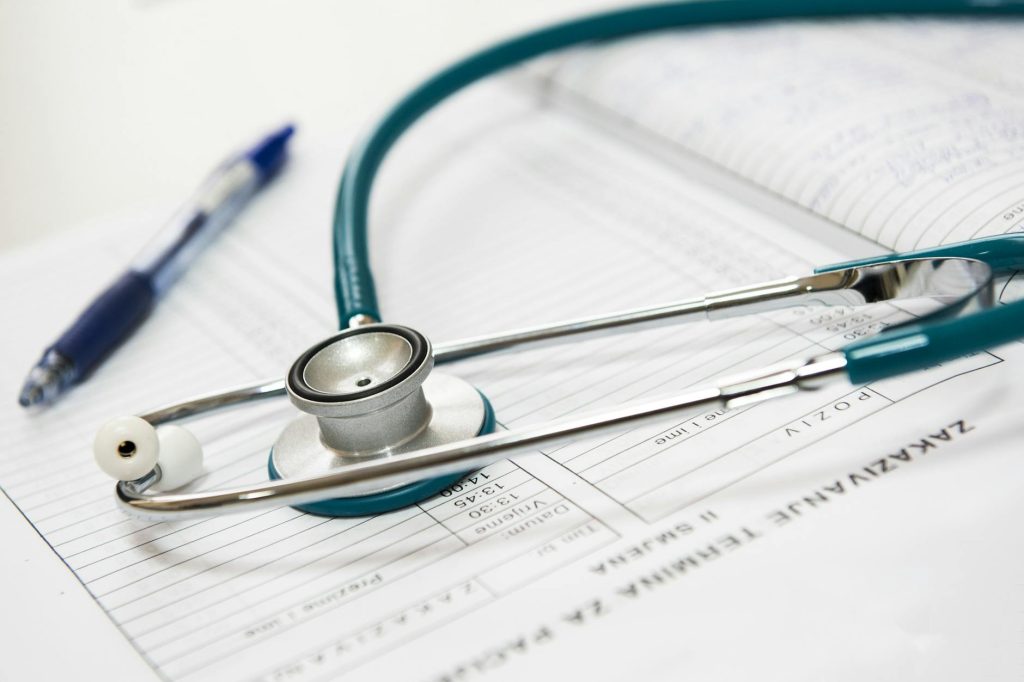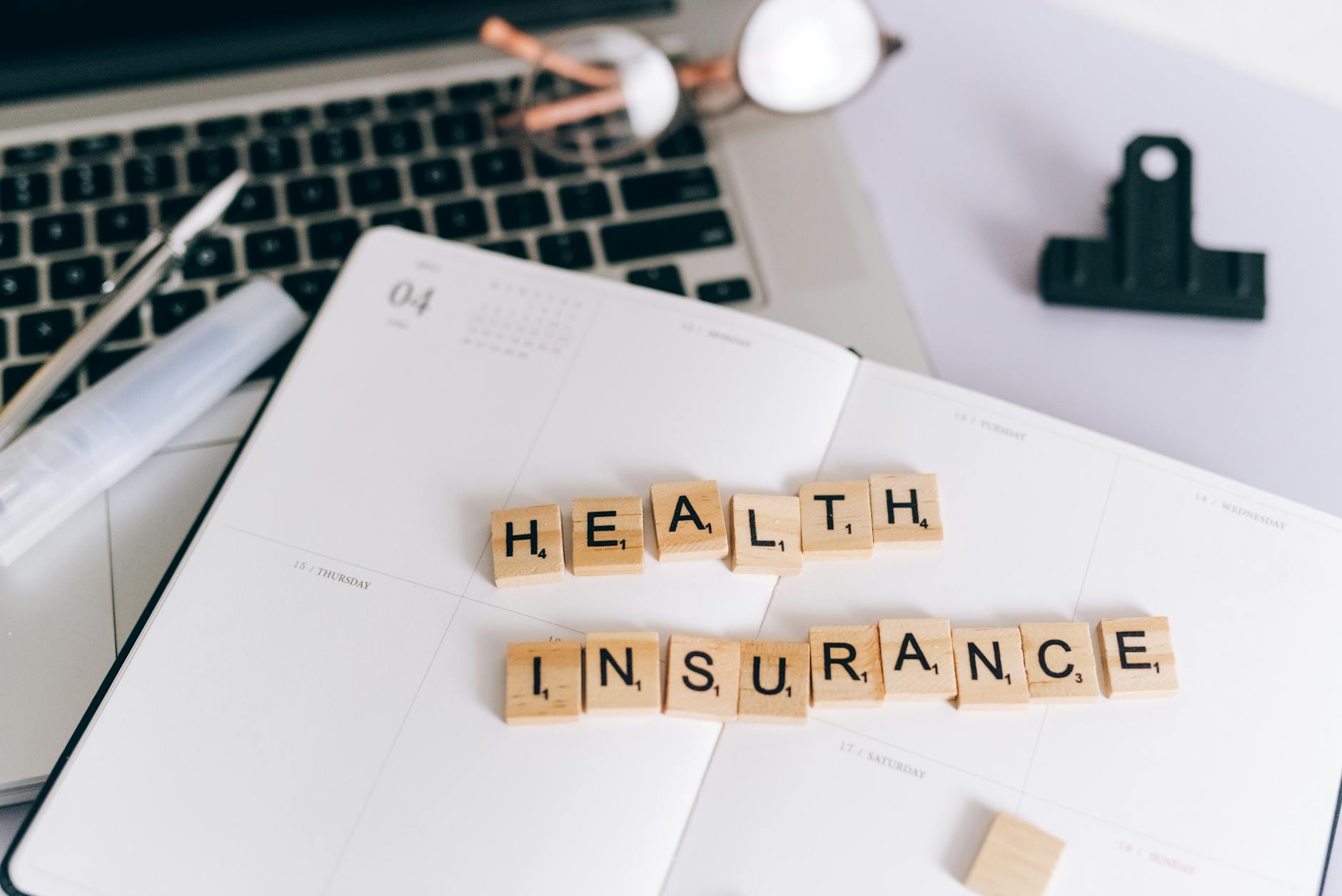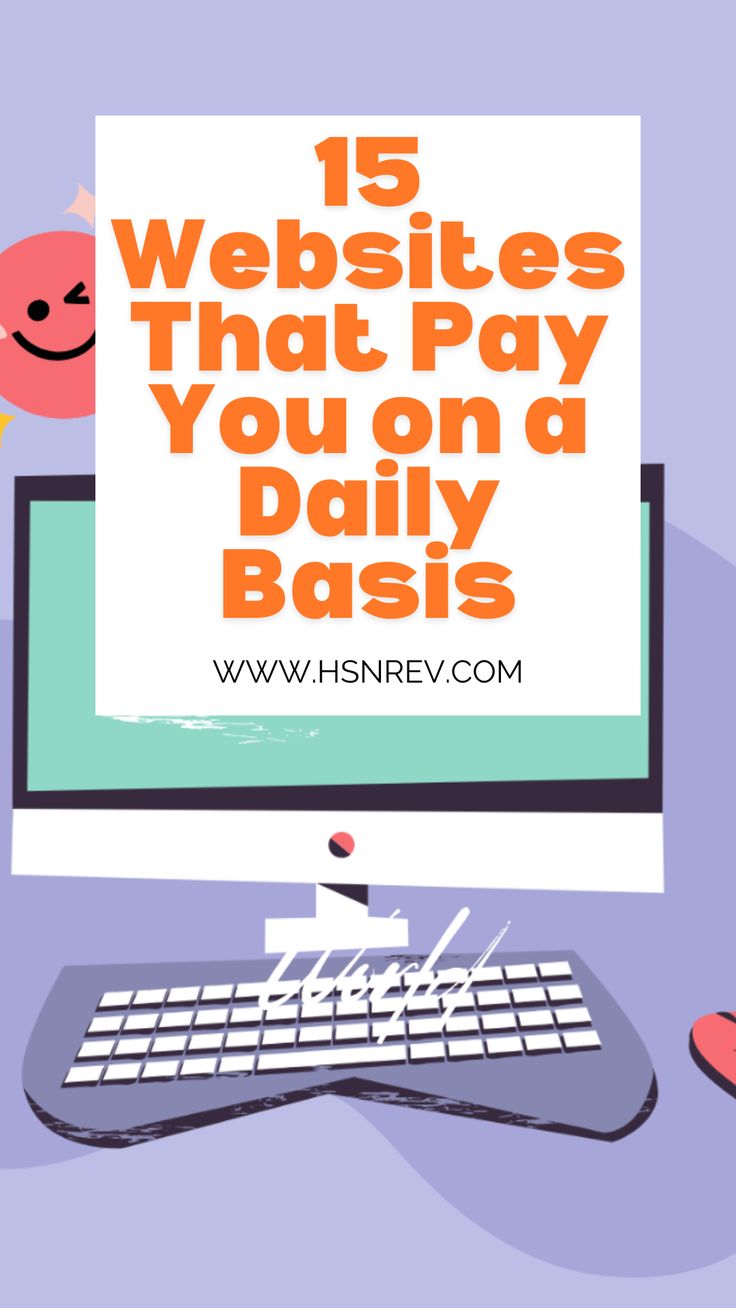
How Much Does It Cost to See a Doctor in New York City?
New York City is known for its vibrant culture and diverse population, but one thing that often surprises both residents and visitors is the cost of healthcare. Whether you’re a tourist needing urgent care or a New Yorker scheduling a routine check-up, understanding how much it costs to see a doctor in this metropolis can be vital for planning your budget.
This blog dives into the varying costs of healthcare in NYC, whether you have health insurance or not, and explores the daily and monthly health expenses associated with living in this iconic city.
1. Doctor Visit Costs with Health Insurance

If you have health insurance, seeing a doctor in New York City can be much more affordable. However, the cost still varies depending on your plan, the type of doctor you’re seeing, and whether the doctor is in-network or out-of-network.
For a basic consultation, a co-pay can range from $20 to $50. If you’re visiting a specialist, such as a dermatologist or cardiologist, the co-pay can increase to $60 to $100 or more. It’s essential to verify whether the doctor is within your insurance network, as out-of-network visits can lead to much higher costs. For out-of-network care, you could pay as much as 40-50% of the total bill.
Additionally, patients often face deductibles, which is the amount you need to pay out-of-pocket before insurance kicks in. Deductibles can vary but often range from $1,000 to $6,000 annually, meaning your costs may be high until you’ve met that threshold.
2. Doctor Visit Costs Without Health Insurance
For those without health insurance, the costs of visiting a doctor in New York City can be steep. A primary care visit for a non-insured patient typically ranges from $150 to $400 per visit. Specialists, such as neurologists or orthopedic doctors, may charge anywhere from $300 to $600 or even more, depending on the complexity of the consultation.
Urgent care centers, which are often a go-to for uninsured patients, charge between $100 and $250 for basic care. However, the costs can climb if you require tests like bloodwork or X-rays, which may add another $200 to $500 to your bill.
If you require emergency care, the costs skyrocket. Emergency room visits in New York City can range from $500 to $3,000 for non-life-threatening conditions and even more for complex cases, like surgery or extended stays.
3. Per-Day Healthcare Expenses in New York City
Daily healthcare expenses can add up, especially if you have ongoing medical needs. If you require daily medications, the cost can vary widely. Generic prescriptions may cost as little as $10-$30, but brand-name medications can cost hundreds of dollars monthly without insurance.
For those with chronic conditions requiring regular doctor visits, you may be spending anywhere from $100 to $500 per month even with health insurance. Without insurance, those costs can climb to $1,000 or more each month depending on the severity of your condition and the frequency of your visits.
Additionally, services like physical therapy, mental health counseling, or frequent specialist visits can significantly impact your per-day healthcare budget, especially if insurance doesn’t cover these visits fully or you’re uninsured.
4. Monthly Healthcare Costs in New York City
When considering the monthly cost of healthcare in New York City, it’s important to factor in both routine care and unexpected medical expenses. If you’re insured, your monthly healthcare costs include your insurance premium, co-pays, and any medications you may need. Health insurance premiums in NYC can range from $300 to $800 per month for individual coverage, depending on the plan and level of coverage.
For someone with chronic conditions or a family, monthly out-of-pocket costs can easily exceed $500, even with insurance. Prescription medications, specialist visits, and regular follow-ups can add hundreds to your bill each month.
Without health insurance, the costs can become burdensome. Non-insured individuals might spend $1,000 or more monthly on necessary doctor visits, tests, and medications. For families, these expenses can be even higher, especially if multiple family members require medical care.
5. Balancing Healthcare Costs in NYC
Managing healthcare expenses in New York City requires careful planning. Even with insurance, it’s essential to review your plan annually and ensure it aligns with your healthcare needs. For those without insurance, community health clinics and urgent care centers offer more affordable options than hospital visits, but these still require budgeting.
For uninsured patients or those with high deductibles, health savings accounts (HSAs) can be a helpful tool to set aside money for healthcare expenses. It’s also important to explore government assistance programs or sliding-scale fee clinics that offer reduced-cost care based on income.
Frequently Asked Questions (FAQs)
1. How much does a doctor’s visit cost with insurance in NYC?
A doctor’s visit with insurance typically costs between $20 and $100, depending on the type of doctor and your insurance plan. Co-pays for specialists are generally higher than for primary care physicians.
2. How much does it cost to see a doctor without insurance in New York City?
Without insurance, a visit to a primary care doctor can cost between $150 and $400, while specialist visits can range from $300 to $600. Urgent care visits are more affordable, costing between $100 and $250 for basic services.
3. Are there affordable healthcare options for uninsured patients in NYC?
Yes, there are community health clinics and sliding-scale fee clinics that provide affordable healthcare services to uninsured patients. Urgent care centers also offer lower-cost alternatives to emergency room visits.
4. What is the average cost of a health insurance premium in NYC?
Health insurance premiums in New York City range from $300 to $800 per month for individual coverage, depending on the plan’s coverage level and benefits.
5. How much does an emergency room visit cost in NYC?
Emergency room visits in New York City can range from $500 to $3,000 for non-life-threatening conditions, and the costs increase with more severe cases or extended stays.
6. What are the monthly healthcare costs for a person with chronic conditions in NYC?
For someone with chronic conditions, monthly healthcare costs can range from $500 to over $1,000, depending on the frequency of doctor visits, required medications, and other necessary treatments.
7. Can I use health savings accounts (HSAs) to manage healthcare costs in NYC?
Yes, health savings accounts (HSAs) allow you to set aside pre-tax dollars for healthcare expenses, which can be helpful if you have high-deductible insurance plans or are uninsured.
8. Are medications expensive in NYC without insurance?
Yes, without insurance, medications can be quite costly. Generic prescriptions typically cost between $10 and $30, while brand-name medications can cost hundreds of dollars per month.
9. How can I lower my healthcare costs in NYC?
To lower healthcare costs, you can choose in-network doctors, use urgent care instead of emergency rooms for non-life-threatening issues, and explore clinics that offer sliding-scale fees based on income.
10. Is there any government assistance for healthcare in NYC?
Yes, New York City offers several government assistance programs, such as Medicaid, for low-income individuals and families, providing access to affordable healthcare.
In a city as dynamic as New York, healthcare costs are inevitable, but with the right planning, you can navigate the system and minimize your expenses. Whether insured or not, understanding the costs involved will help you make informed decisions about your healthcare needs.
Disclaimer
The information provided in this article is based on estimates and general data. Healthcare costs can vary significantly based on individual circumstances, the provider, and your insurance plan. We encourage readers to conduct their own research and consult healthcare providers or insurance companies for specific information about their healthcare costs. Always verify prices and insurance coverage before seeking medical services to avoid unexpected expenses.
Discover more from hsnrev.com
Subscribe to get the latest posts sent to your email.




